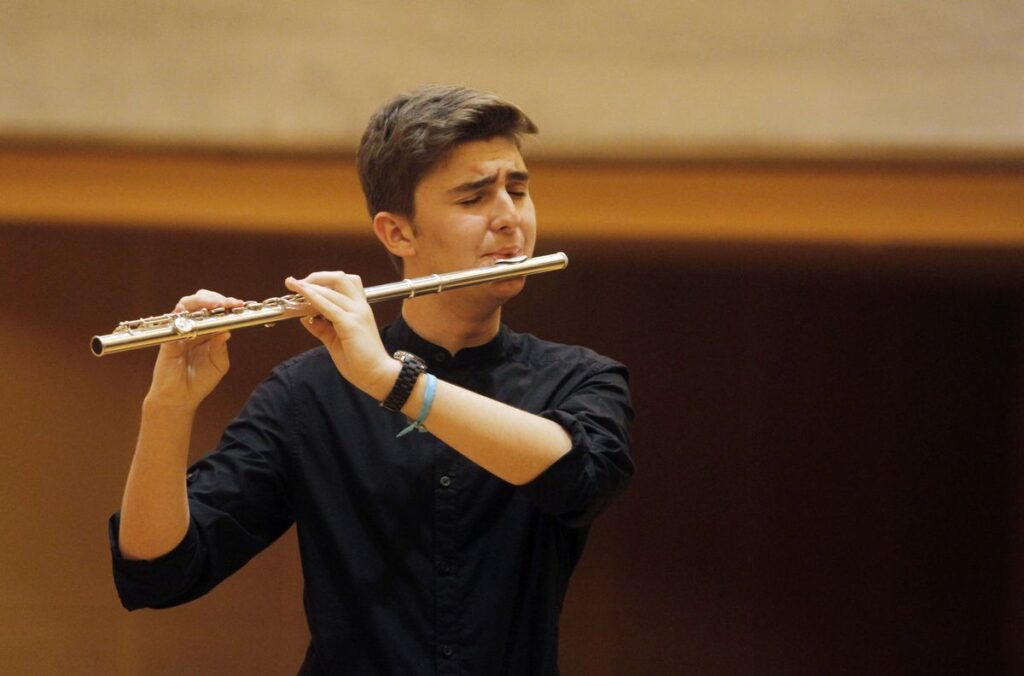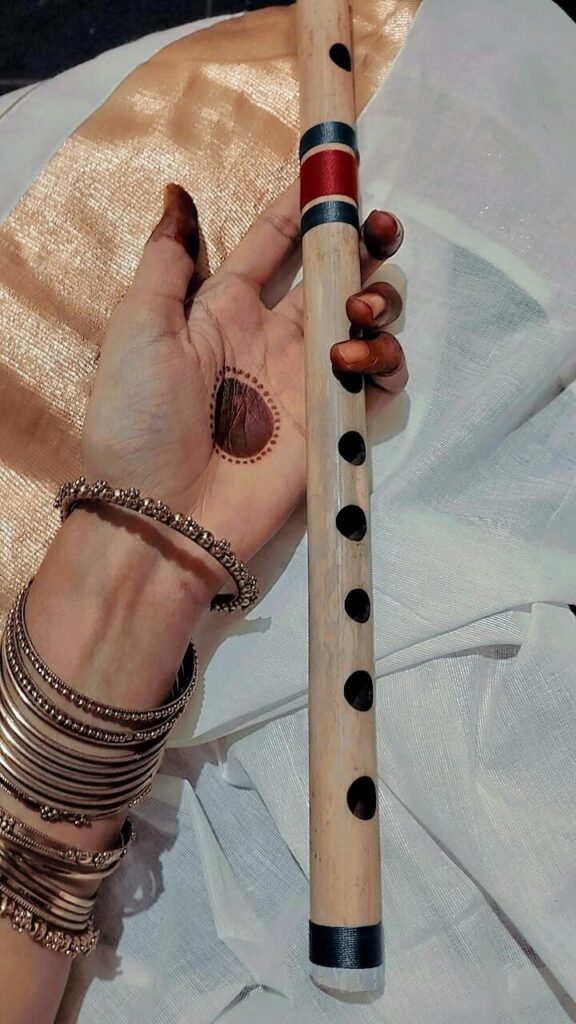When you think about Africa, what comes to mind first? Perhaps vibrant cultures, soulful music, and powerful rhythms. But did you know that music in Africa is more than entertainment? In fact, it plays an important role in health and healing. This is where music therapy in Africa steps in – blending tradition with science to promote mental and emotional well-being.
Why Music Therapy in African Culture
To begin with, music has always been an inseparable part of African life. From birth ceremonies to harvest festivals, every stage of life has a song, rhythm, or dance connected to it. Consequently, music is deeply tied to emotions, community, and spiritual balance. Because of this, it naturally fits into therapeutic practices. Rather than being an imported concept, music therapy builds on Africa’s existing cultural foundation.
What is Music Therapy and How Does It Work?
Music therapy is a professional practice where music is used to achieve specific health goals. For example, therapists use rhythms, melodies, and instruments to reduce stress, improve mood, and enhance emotional expression. In Africa, these modern techniques often include traditional instruments like the djembe drum, kalimba, and kora, which make sessions culturally familiar and comforting.
Moreover, music therapy does not require any musical skills. You do not need to know how to play an instrument or sing well. Instead, it is about using sound and rhythm to connect with your emotions and body. Therefore, it is accessible to everyone – children, adults, and even seniors.

Traditional African Instruments in Therapy
One of the most exciting parts of music therapy in Africa is the use of traditional instruments. For instance:
Djembe Drums – Their steady beats can reduce anxiety and improve focus.
Kalimba (Thumb Piano) – Known for its soft, calming tones that help in relaxation.
Kora – A 21-string instrument often used in soothing, meditative sessions.
By including these instruments, therapists create a sense of cultural identity and belonging, which makes the therapy even more effective.
Music Therapy for Different Needs
Music therapy is not limited to mental health alone. In fact, it supports many areas:
Trauma Recovery – Helping individuals heal from emotional wounds caused by conflict or loss.
Speech and Communication – Used for children with developmental delays or autism.
Physical Rehabilitation – Rhythmic exercises aid movement and coordination during recovery.
Why Music Therapy is Growing in Africa
Finally, music therapy is becoming more common because it is natural, affordable, and culturally connected. Many wellness centers, hospitals, and even schools are including music therapy programs. Furthermore, it aligns with Africa’s rich traditions, making it a practice that feels both familiar and modern.

Benefits of Music Therapy in Africa
So, why is music therapy gaining popularity in Africa? The benefits speak for themselves:
🧠 Reduces Anxiety and Stress
The rhythmic patterns and calming melodies lower stress hormones and relax the nervous system.😊 Improves Mood and Emotional Health
Singing and listening to music triggers dopamine, the happiness hormone, which lifts mood naturally.💬 Helps Express Emotions
Through music, people can express feelings they find hard to put into words.🧘 Supports Focus and Mindfulness
Musical exercises encourage present-moment awareness, reducing distractions and mental fatigue.🤝 Builds Community and Connection
Group drumming and singing strengthen social bonds, which is essential in African cultures.
Conclusion: Healing Through Music
In short, music therapy in Africa is more than a treatment – it is a celebration of culture and health. By combining traditional instruments, rhythmic practices, and modern therapeutic methods, it creates a holistic way to heal the mind, body, and spirit. So, whether you are looking for stress relief, emotional support, or community connection, music therapy is a beautiful path to well-being.

 Call Us: +
Call Us: + Website:
Website: